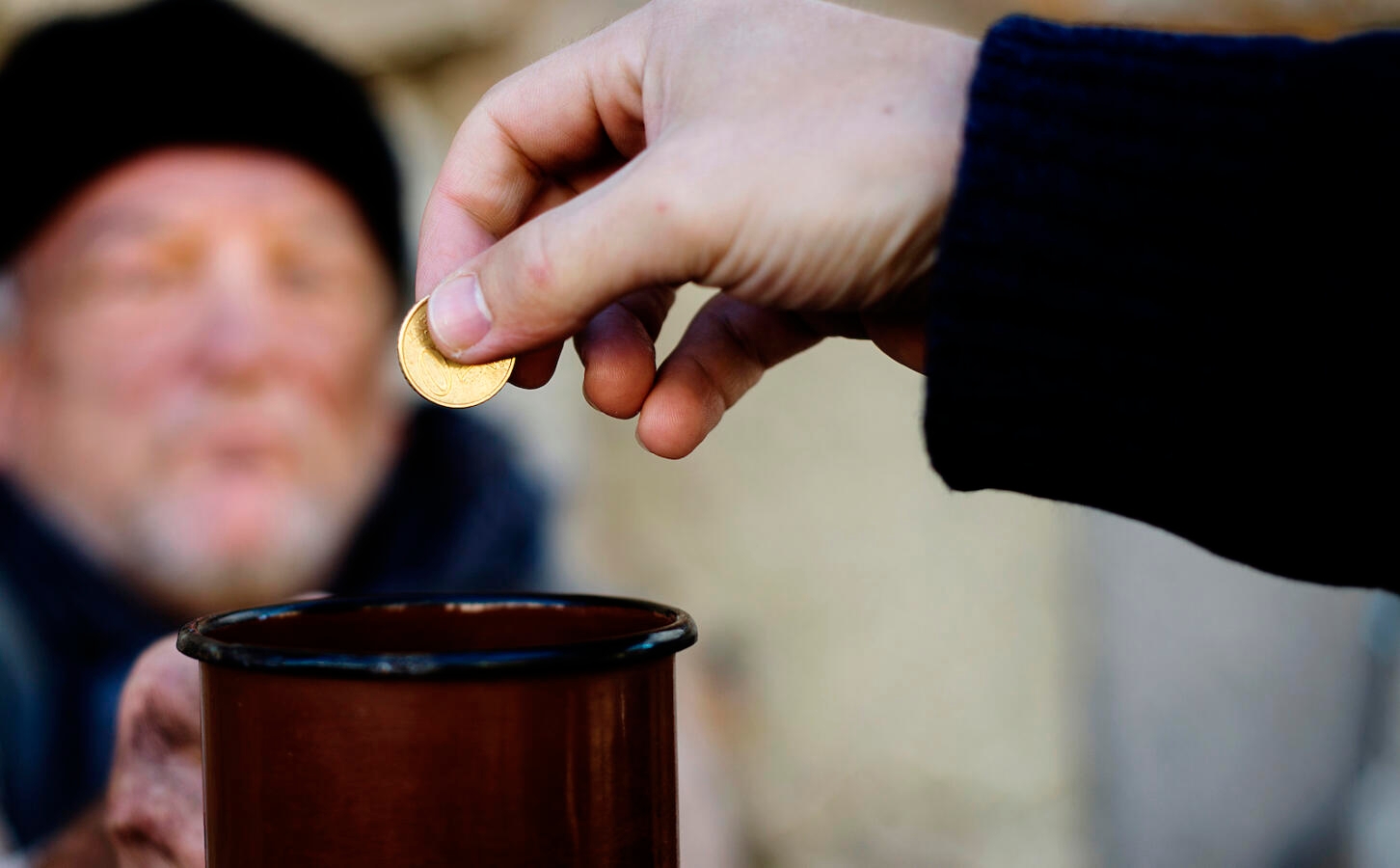This week marks the seventh anniversary of the passing of Sir Nicholas Winton, a great and righteous man who, in December 1938, canceled a ski vacation in Switzerland and traveled to Prague to join a friend who was helping Jews flee Czechoslovakia.
Winton was born in London to German-Jewish refugees who converted to Christianity and changed their name from Wertheim to ensure smooth assimilation into British society. Despite seeing himself as Christian, Winton was drawn to the plight of Czech Jews and his hotel room in Prague became a haven for Jewish families seeking to leave mainland Europe. The British government had just passed a law allowing any child under 17 to enter Britain as a refugee, provided they had somewhere to stay and a £50 warranty to pay for their eventual repatriation.
The law was aimed at Jewish immigrants who were already naturalized, enabling them to take in younger relatives who wished to escape the growing peril of Nazi antisemitism. But Winton resourcefully used the law to create an organization called Operation Kindertransport, which he used as a vehicle to match Czech-Jewish children with Jewish and non-Jewish host families in Britain who were not their relatives.
The first eight months of 1939 were a frenzy of activity as Winton managed to save 669 Jewish children, the vast majority of whom never saw their families again. Had it not been for him, this would have been the fate of those children as well.

Help us keep Jewish knowledge accessible to millions of people around the world.
Your donation to My Jewish Learning fuels endless journeys of Jewish discovery. With your help, My Jewish Learning can continue to provide nonstop opportunities for learning, connection and growth.
I find it horrifying and inexplicable that were not hundreds or thousands of Nicholas Wintons who, when exposed to the horrifying reality of Nazi brutality, acted to save Jews. But despite the singularity of his example, this is not why I consider Winton to have been a very great and righteous man. On the contrary, it’s because no one — not his wife, not his children, nor even the 669 children he had saved — knew anything about his role in Operation Kindertransport until many years later.
Winton never spoke about his role in saving Jewish children. In 1940, he joined the Royal Air Force and when the war was over, he started a family and led an eventless life as a financial director for various companies. Had it been up to him, no one would have ever found out.
But his humble anonymity was not destined to last. In 1988, his wife discovered a meticulously detailed scrapbook in their attic. Put together by Winton in 1939, it documented Operation Kindertransport in full, with the names and photographs of each child plus all the related documents. She decided to share the information with a friend, and the story ultimately ended up being featured on a popular TV show.
The producers of the show invited Winton to describe his role in the rescue project without telling him that the studio audience was made up of the children he had saved. In the final segment, the presenter asked any member of the audience who personally owed their life to Winton to stand up. Dozens of audience members rose to their feet and spontaneously applauded the man who had saved their lives. Winton had until then been very composed, but in the face of this outpouring of gratitude he was suddenly, and for the first time, exposed to the profound impact of his efforts. He began to cry.
The anniversary of Winton’s passing occurs in the same week that we read the Torah portion of Balak, from the Book of Numbers. In this portion, we read about Balak, the king of Moab, who tries to enlist the non-Jewish soothsayer Balaam to curse the Israelites. En route to meet Balak, Balaam’s donkey sees an angel along the road and refuses to go further. Speaking to him through the donkey, God tells Balaam not to curse the Israelites but to bless them — and he does, using the famous phrase: “How goodly are your tents O Jacob, your sanctuaries Israel.”
The passage from the Prophets read alongside Balak comes from the Book of Micah. The passage contains a very strange reference to the story of Balak: “So that you recognize God’s righteousness, remember what King Balak of Moab plotted to do, and how Balaam responded.”
This verse is puzzling. Surely God’s righteousness could be demonstrated in countless other ways. How does the episode of Balak and Balaam prompt an awareness of God’s righteousness?
Perhaps the Nicholas Winton story can help us understand. Balak and Balaam plotted the obliteration of the Jewish nation via the medium of magical curses, but God thwarted their intentions. However, unlike all the other wonderful things that God did for the Jewish nation during that early period in Jewish history, this act occurred without any Jew being aware of it. They were only informed of it only long after it was over.
Micah is teaching us that true righteousness is demonstrated when a benefactor takes care of you even though you are totally unaware of his benevolence. That is why Sir Nicholas Winton was a very great and righteous man.
This article initially appeared in My Jewish Learning’s Shabbat newsletter Recharge on July 16, 2022. To sign up to receive Recharge each week in your inbox, click here.



